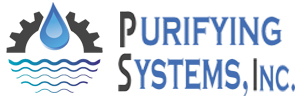Water Softeners system Solutions in Bakersfield, CA
Pure water, pure living. Purifying Systems Inc
Quality assurance
We always stand for doing our job fast and at the highest level as understand people value their time and money.
Quality assurance
We always stand for doing our job fast and at the highest level as understand people value their time and money.
20 years of experience
We are here to meet your every demand so you could have no worries about your home!
20 years of experience
We are here to meet your every demand so you could have no worries about your home!
Economically
We offer a huge number of services and works done by high-class experts using the latest technologies.
Economically
We offer a huge number of services and works done by high-class experts using the latest technologies.
Water Softeners Systems
There are several types of water softeners systems available, each with its own advantages and disadvantages. Here are the most common types of water softeners:
These are the most popular type of water softeners. They work by exchanging calcium and magnesium ions, which cause hard water, with sodium ions. The hard water passes through a resin bed, and the calcium and magnesium ions are replaced with sodium ions, resulting in soft water. Periodically, the resin bed needs to be recharged with salt.
These systems do not actually soften the water, but instead condition it to prevent minerals from sticking to surfaces. They use a process called Template Assisted Crystallization (TAC) to convert calcium and magnesium ions into crystals, which do not stick to surfaces. These systems do not require salt or electricity, and they don't produce wastewater.
These systems have two resin tanks, which allow for continuous soft water. When one tank needs to be recharged, the other tank takes over, ensuring that there is always soft water available. These systems are more expensive than single-tank systems but are ideal for households that require a large amount of soft water.
These systems use a reverse osmosis membrane to remove dissolved minerals from the water, resulting in soft water. They are expensive and are typically used in commercial or industrial settings.
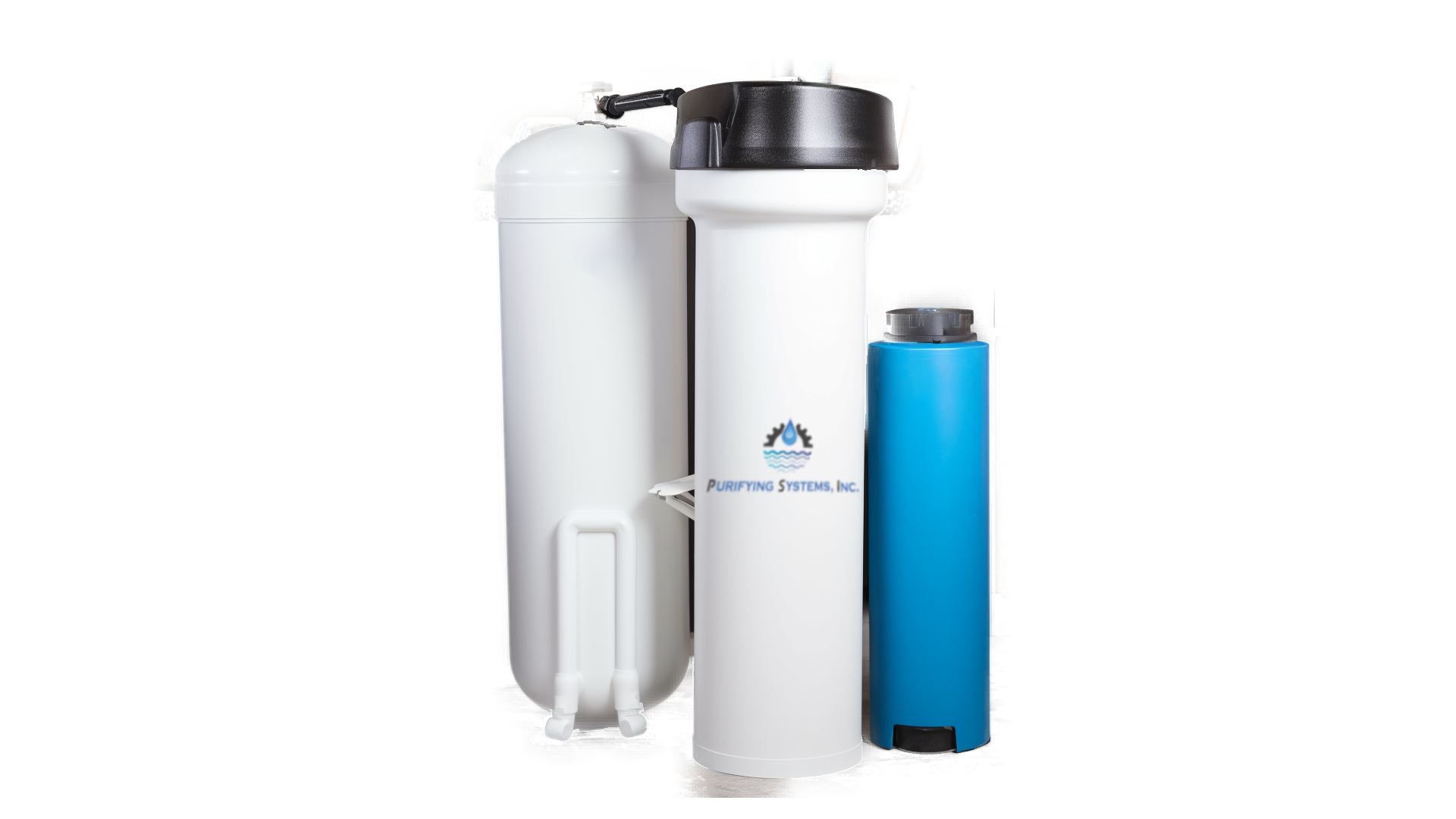
Water Softener Systems
Water softeners are essential home appliances designed to treat hard water and improve overall water quality. They work by removing minerals, primarily calcium and magnesium, that cause hardness in water. Using a water softener can provide numerous benefits, such as protecting your appliances and plumbing, reducing soap scum buildup, and improving the health of your skin and hair.
By investing in a water softener, you can protect your appliances and plumbing from the damaging effects of hard water, prolong their lifespan, and save money in the long run. With various types of water softeners available, it’s essential to choose the right system for your needs and enjoy improved water quality in your home.
Water softeners work by removing the minerals (mainly calcium and magnesium) responsible for hard water. The most common method is the ion exchange process, where the hard water is passed through a resin bed, and the calcium and magnesium ions are exchanged with sodium ions. This results in soft water, free of the problematic minerals.
Yes, soft water is generally safe to drink. The sodium levels in soft water are not typically high enough to cause any health concerns. However, if you are on a low-sodium diet or have any concerns about sodium intake, you may want to consult your doctor or consider using a separate drinking water system or a salt-free water conditioner.
Yes, a water softener can help alleviate dry skin and hair, as well as reduce soap scum build-up. Hard water minerals can cause skin and hair to become dry and brittle, and can make it difficult for soap to lather and rinse off. Soft water, on the other hand, allows soap to lather more effectively, leading to less soap scum and improved skin and hair health.
The frequency of adding salt to your water softener depends on your water usage and the hardness of the water. On average, a family of four with moderately hard water would need to add salt to their water softener every 4-6 weeks. It's essential to check the salt level in your water softener regularly and ensure that there is always some salt in the tank.
The cost of a water softener depends on the type and size of the system you choose. On average, a salt-based ion exchange water softener can cost between $500 and $2,500 for the unit, with an additional $200 to $500 for installation. In terms of maintenance, you'll need to purchase salt regularly, which can cost around $5 to $10 per 40-pound bag, depending on the type of salt you choose. Annual maintenance costs can vary but typically range between $50 and $150.
Yes, a water softener can help protect your appliances and plumbing by reducing the build-up of scale caused by hard water minerals. Scale build-up can lead to reduced efficiency, increased energy usage, and the premature failure of appliances such as water heaters, dishwashers, and washing machines. Additionally, scale build-up in pipes can lead to reduced water flow and increased risk of clogs. By using a water softener, you can prolong the life of your appliances and plumbing, saving you money in the long run.
We take care of your families water filtration system.
We offer a huge number of services and works done by high-class experts using the latest technologies.
We understand that moms are concerned about their family’s drinking water, especially when it comes to the health of babies and young children. We offer a range of residential water treatment solutions, including whole-house water filtration systems, reverse osmosis systems, water softeners, and customized water treatment solutions, all designed to provide you with clean, safe, and great-tasting water right from your taps. Contact us today to learn more about how we can help protect your family’s health.

What We Do
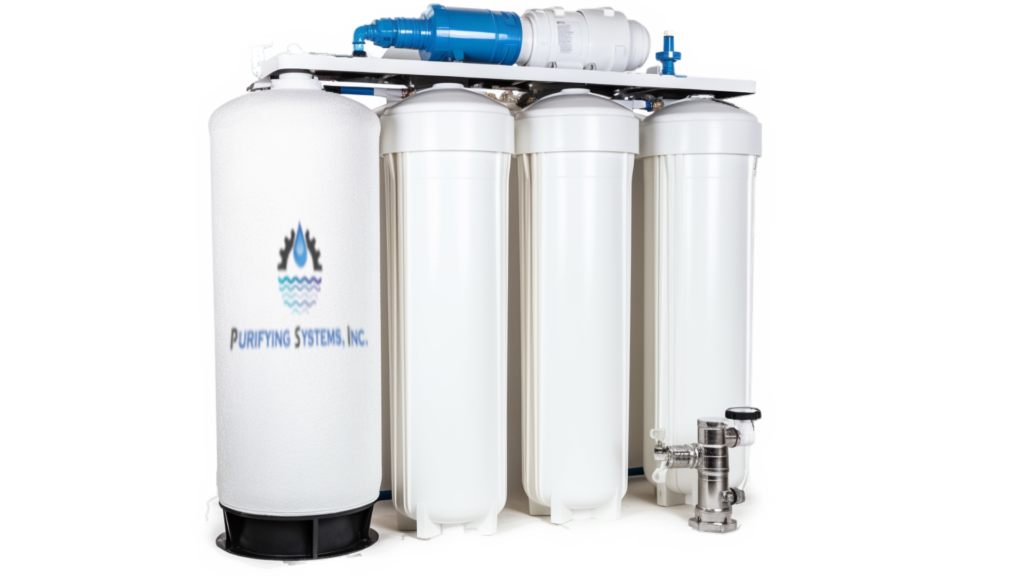
Whole-House Water Filtration Systems
Our whole-house baby safe water filtration systems are designed to remove a wide range of contaminants from your tap water, including chlorine, sediment, pesticides, and heavy metals. With a whole-house water filtration system from Purifying Systems, you can enjoy clean, safe, and great-tasting water throughout your home.
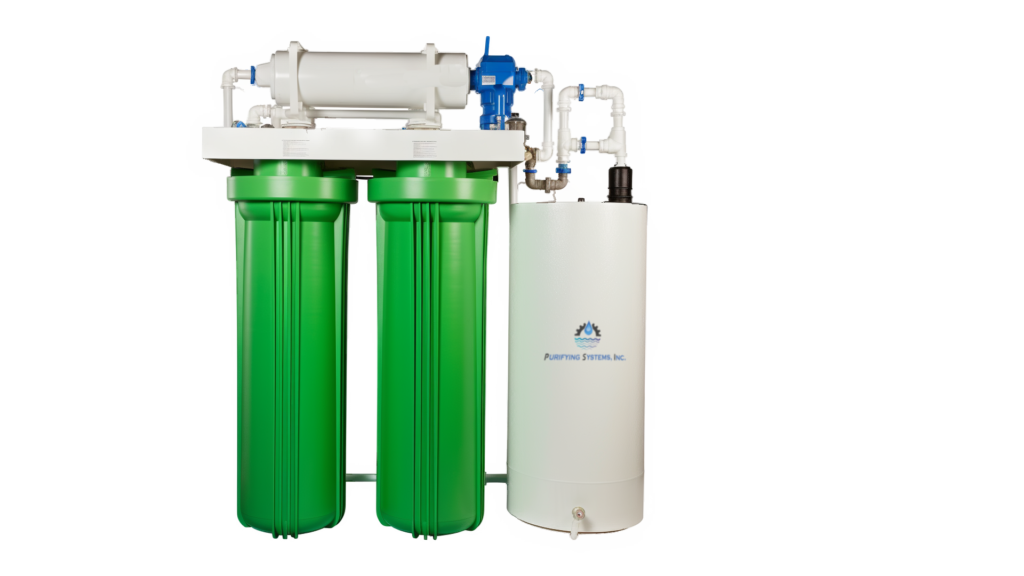
Reverse Osmosis Systems
Reverse osmosis systems are highly effective at removing impurities from your drinking water, including lead, arsenic, and fluoride.
Our reverse osmosis systems are easy to install and use, and they provide you with great-tasting, clean, baby safe water, right from your kitchen sink.
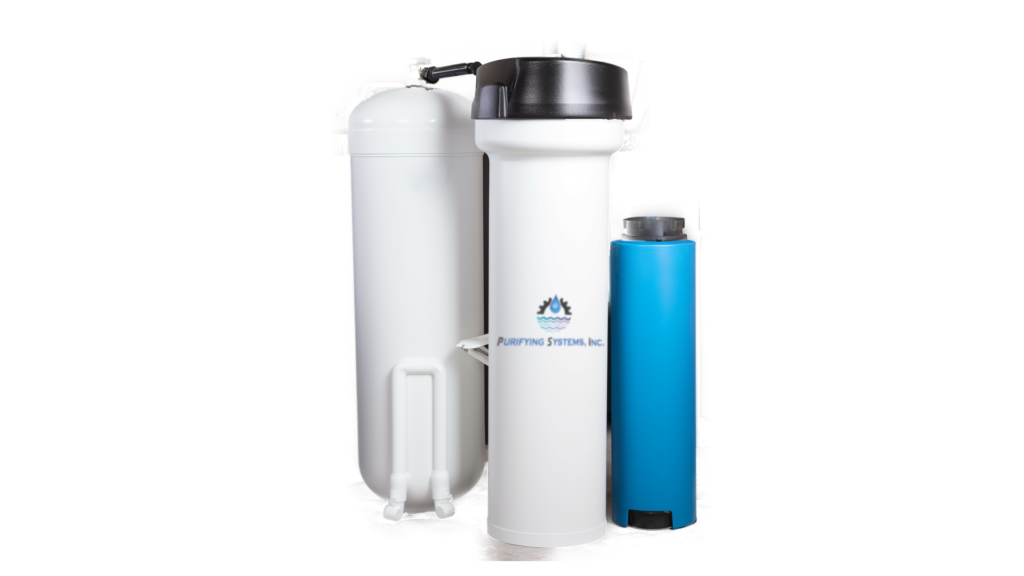
Water Softeners
Hard water can be a real problem for many households, causing a buildup of mineral deposits in your pipes and appliances.
Our baby safe water softeners are designed to remove these minerals from your water, leaving you with softer, cleaner, and healthier water throughout your home.
Systems installed
HAPPY CLIENTS
QUALIFIED staff
years of experience

Improve your water with us
At Purifying Systems, we understand that every home and family is unique, which is why we offer customized water treatment solutions to meet your specific needs. Whether you’re dealing with well water, municipal water, or a combination of both, our experienced technicians can design a customized water treatment solution to provide you with clean, safe, and great-tasting water throughout your home.
